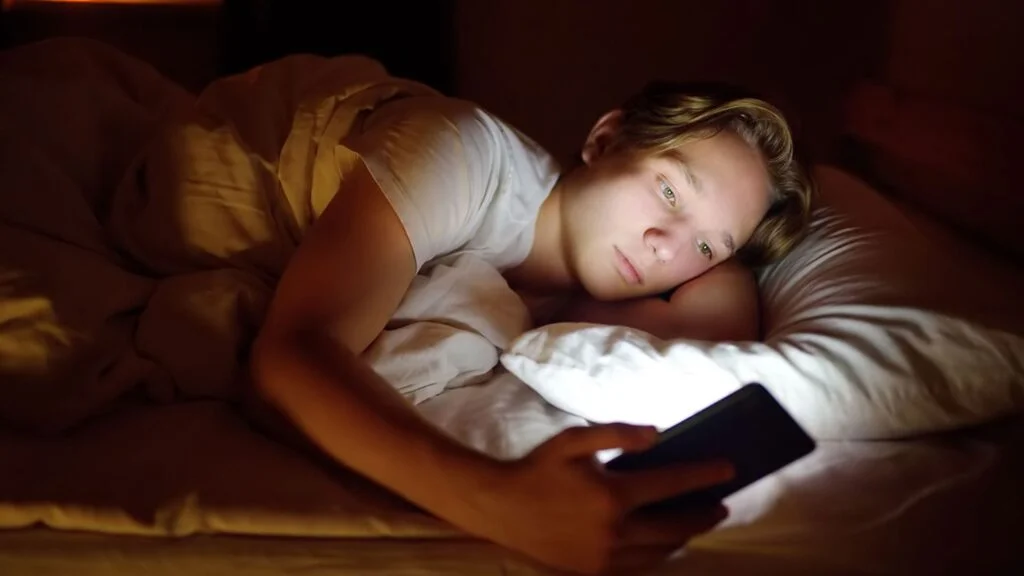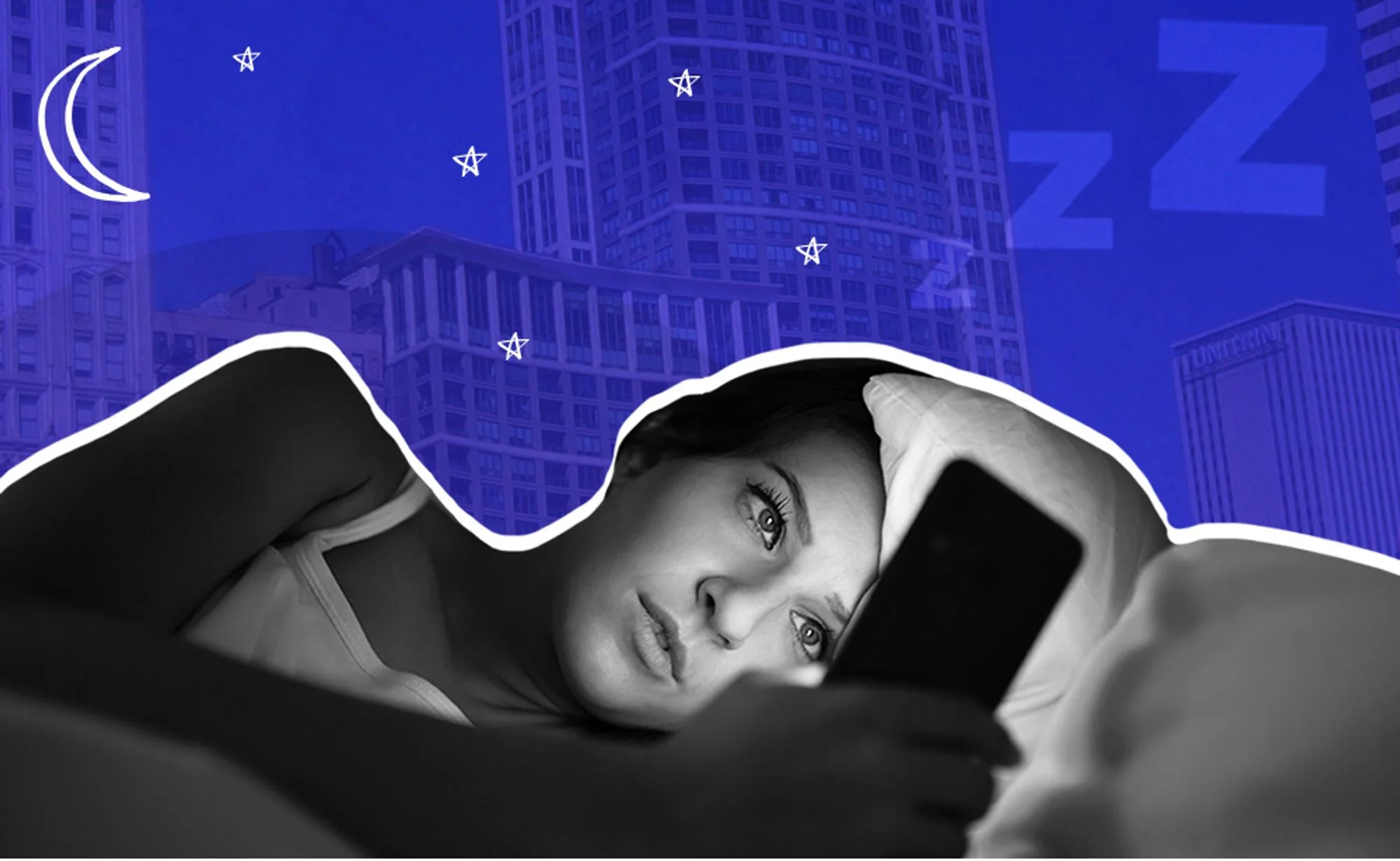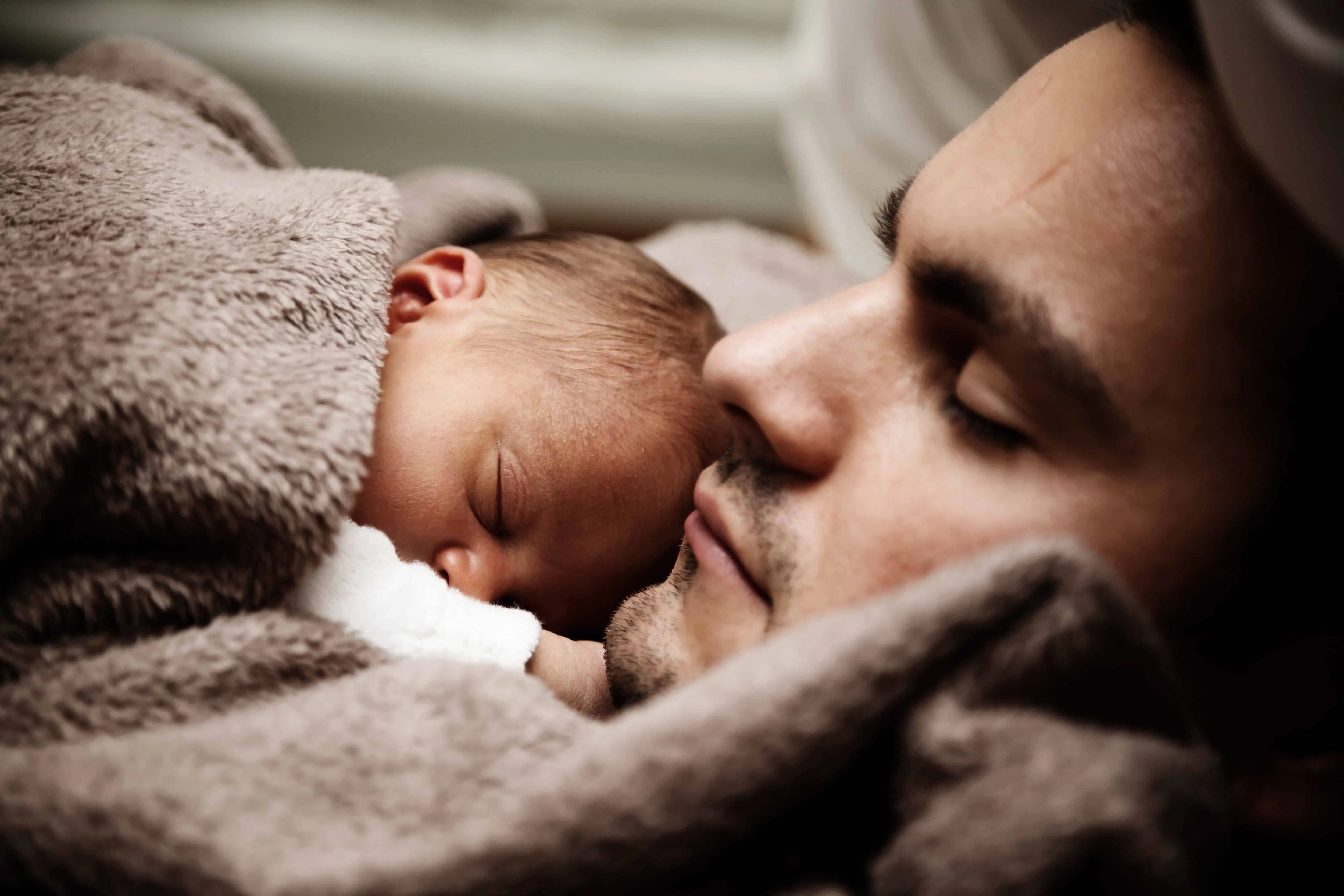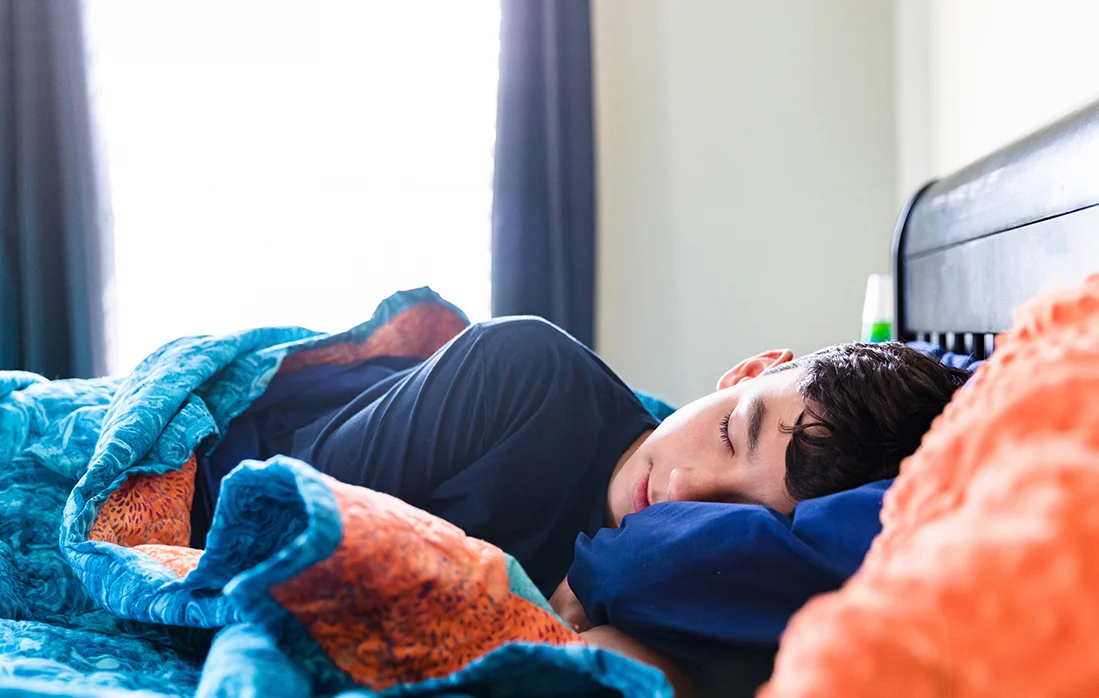
For teens who need their beauty rest and then some in those key developmental years, nothing interferes quite as much as scrolling on social media late into the night. There’s the social angst, the blue light, and of course, the inability to stop that we’ve all experienced from time to time. For adolescents, social media use is often a rite of passage, but recent evidence suggests that social media use (SMU) can have an even greater impact on sleep than previously thought — especially for girls.
In the recently released study in the Journal of Adolescence, researchers examined data from the 2017-2018 Health Behaviour in School-aged Children survey to analyze the impact of social media on sleep behaviors in adolescents. (1) Data from over 200,000 adolescents age 11 to 15 years and across 40 countries was assessed for how often participants utilized social media and self-reported sleep difficulties. The researchers found that those who self-reported sleep-onset difficulties were much more likely to be girls, with 27.1 percent of girls reporting sleep difficulties versus 20.8 percent of boys.
Additionally, the study found that problematic SMU, which is classified as the emotional and cognitive exhilaration associated with SMU, led to sleep-onset struggles for all genders — but especially more notable for girls. For problematic social media users, FOMO (fear of missing out) may lead to disruptive sleep schedules and wakings due to social media notifications on mobile devices throughout the day.
Previous studies have shown that intense and problematic use of social media can impact sleep quality for young adults, leading to delayed sleep or short sleep duration. (2) The results from this recent study also help support the findings from Sleepopolis’s 2023 survey on what is keeping young people awake at night. In that survey, 82 percent of adolescents reported that they often check social media when they can’t sleep, leading to poor sleep quality.
Even though more research is needed to explore how each gender uses social media and the impact that might have on sleep, parents can help identify if their teen is sleep-deprived due to SMU and work with their child to fix it. Some of the key things to look for when it comes to identifying sleep deprivation in your teen include a decrease in academic performance, irritability, anxiety, depression, lack of focus, and difficulty waking in the morning. It’s also important to have honest conversations with your teen about how they’re using social media and how they’re feeling about what they’re seeing online. The American Psychological Association suggests regularly reviewing your child’s social media to ensure that information is appropriate and accurate and that they aren’t being subjected to cyberbullying.
While SMU can have its benefits of connecting with others, it’s important to help adolescents navigate the use of social media appropriately so it doesn’t impact their sleep and mental and physical health. As more research emerges, it will be important to understand the unique differences amongst genders and how they use social media so they can be supported to navigate this rite of passage with optimal physical and mental health.

Exclusive Survey Reveals Double Whammy Driving Millennials’ Sleep Issues: Social Media and Mental Health

How Sleep Changes As We Age

Are Extracurriculars to Blame For Kids’ Poor Sleep Schedules? Parents Seem to Think So

How Parents’ Smartphone Use Truly Does Negatively Affect Their Teenagers’ Sleep
Sources
1. Khan, A., Thomas, G., Karatela, S., Morawska, A., & Werner-Seidler, A. (2024). Intense and problematic social media use and sleep difficulties of adolescents in 40 countries. Journal of Adolescence, 1–10. https://doi.org/10.1002/jad.12321
2. Meyran Boniel-Nissim, Jorma Tynjälä, Inese Gobiņa, Jana Furstova, Regina J.J.M. van den Eijnden, Claudia Marino, Helena Jeriček Klanšček, Solvita Klavina-Makrecka, Anita Villeruša, Henri Lahti, Alessio Vieno, Suzy L. Wong, Jari Villberg, Joanna Inchley, Geneviève Gariépy, “Adolescent use of social media and associations with sleep patterns across 18 European and North American countries,” Sleep Health, Volume 9, Issue 3, 2023, Pages 314-321, ISSN 2352-7218, https://doi.org/10.1016/j.sleh.2023.01.005.

























